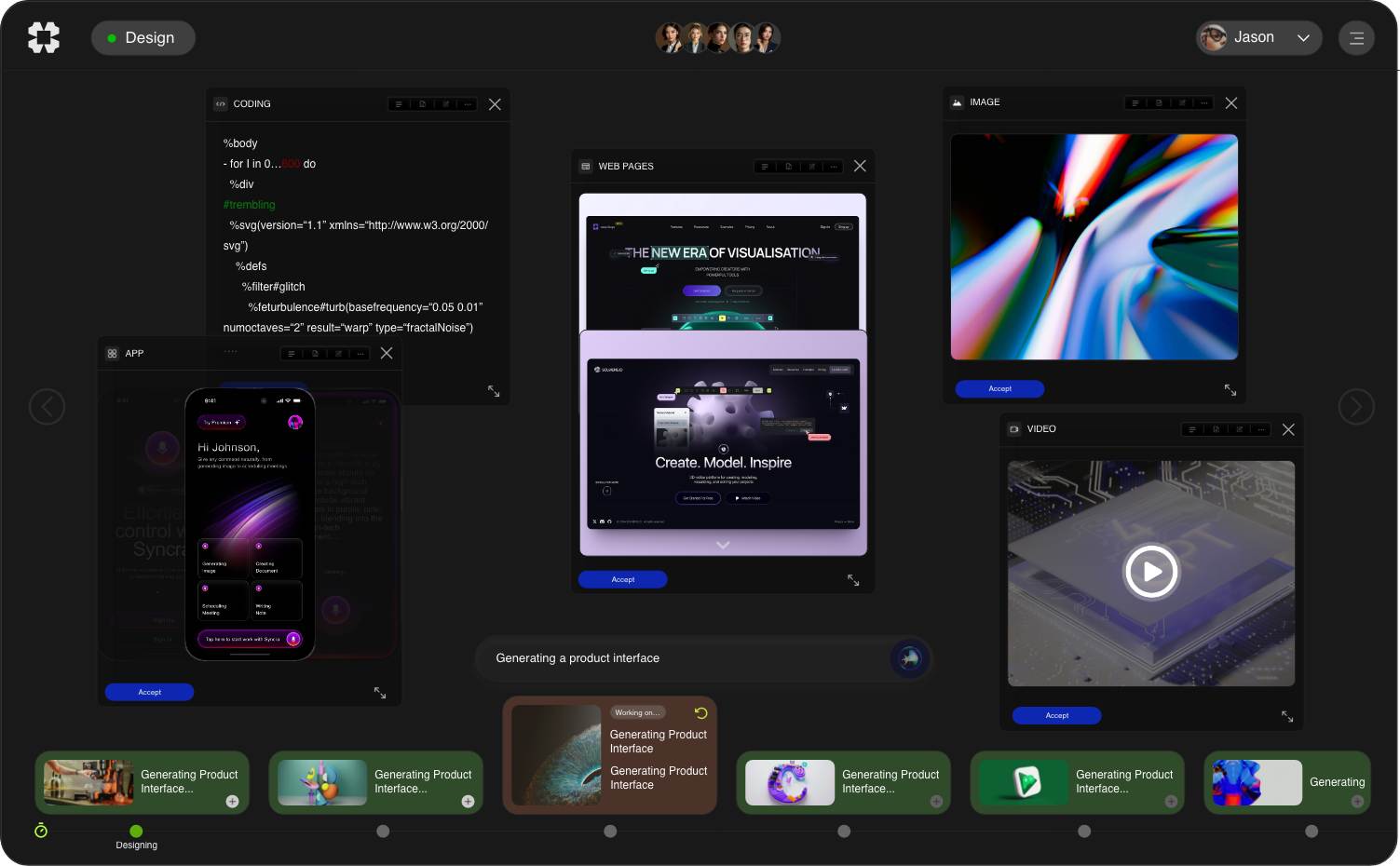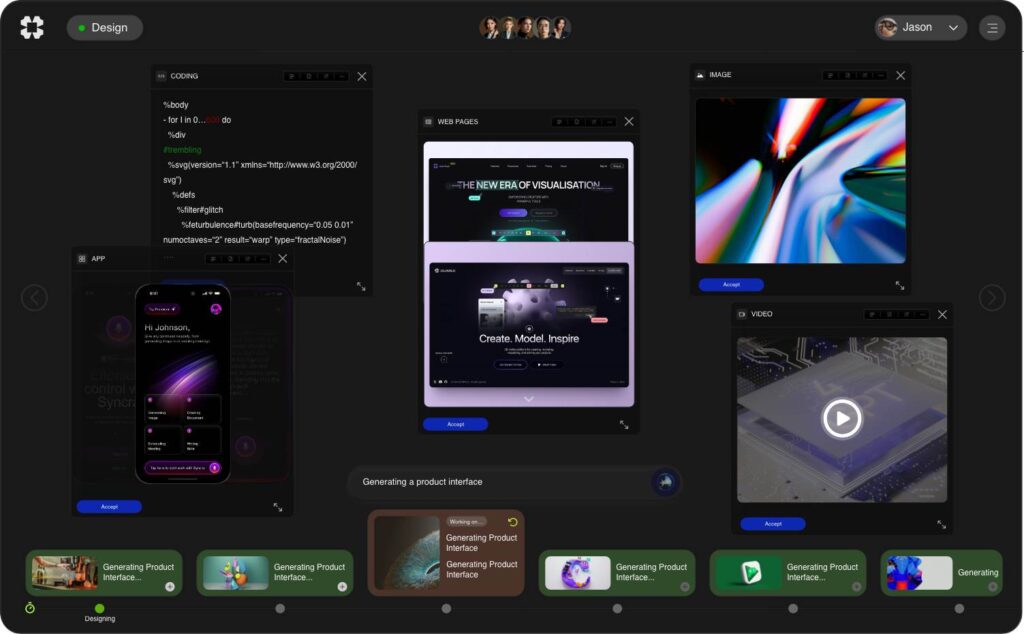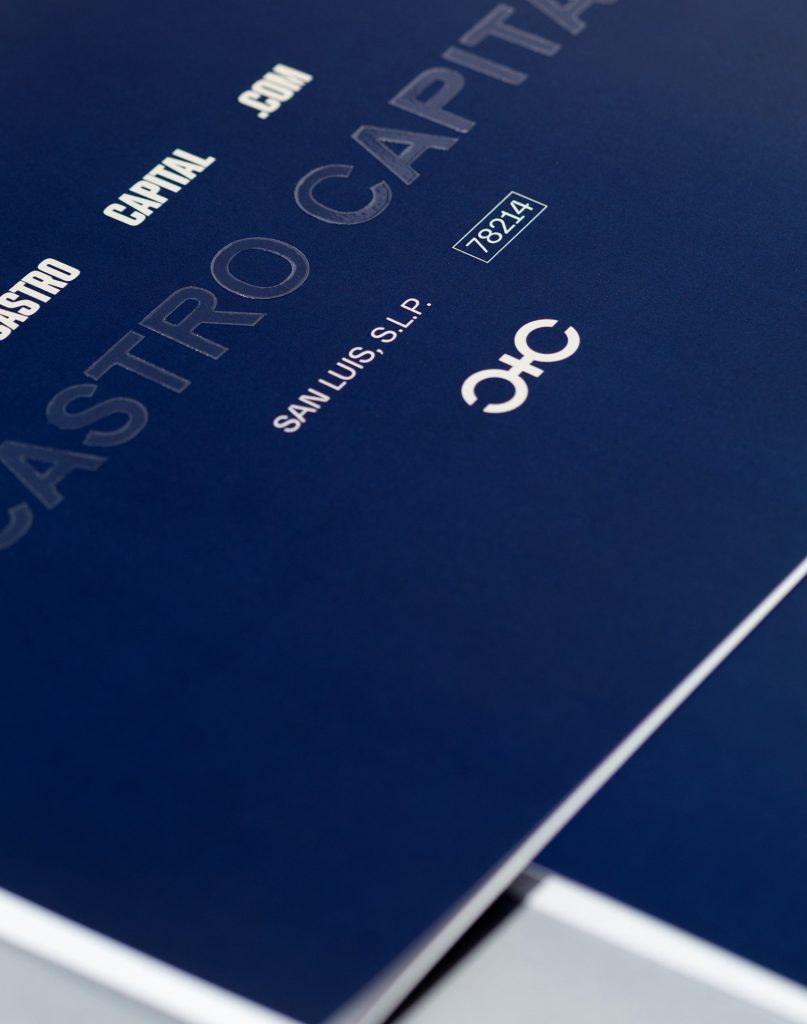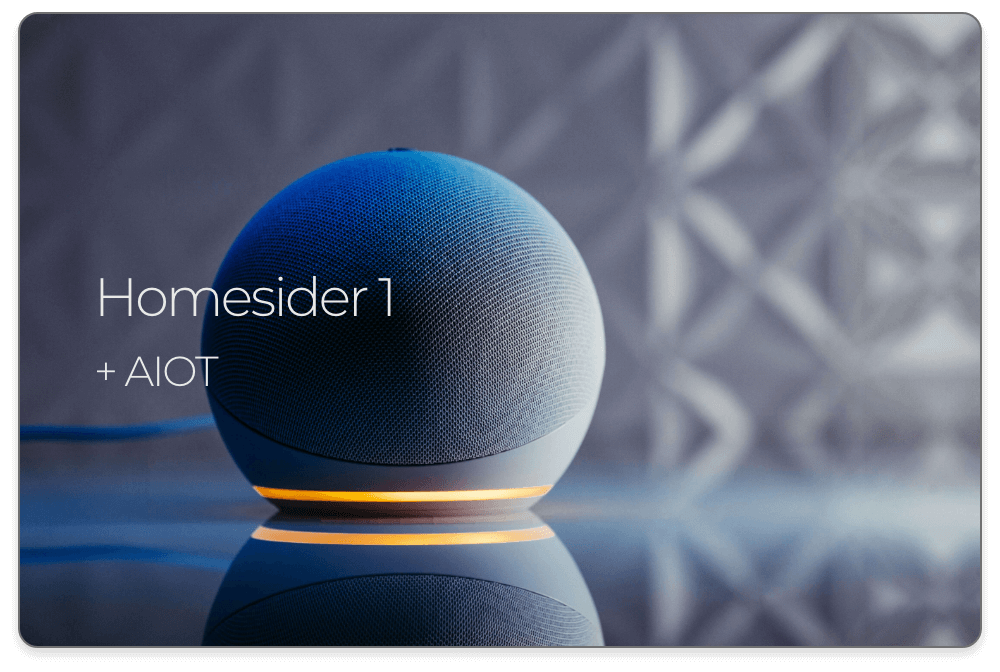The digital landscape is undergoing a seismic shift, with AI-powered automation emerging as a central player in redefining how industries operate. This technological revolution is not just a trend but a fundamental change that is reshaping roles, driving efficiencies, and unlocking new opportunities across various sectors. As businesses strive to enhance productivity while minimizing costs, AI is stepping to the forefront, offering solutions that revolutionize traditional processes.
.
One of the most noteworthy areas witnessing the impact of AI-powered automation is in process management. AI-driven process management tools are being implemented to scrutinize and streamline workflows, resulting in significant time and cost savings. These tools leverage machine learning and data analysis capabilities to forecast potential bottlenecks, suggest optimizations, and automate repetitive tasks that previously required human intervention. This allows teams to focus their efforts on higher-value activities, enhancing job satisfaction and productivity.
.
In the realm of automated marketing, AI is taking center stage as companies seek innovative ways to connect with their audiences. AI in automated marketing utilizes complex algorithms to analyze consumer behavior, predict trends, and personalize campaigns. With the help of AI, marketers can craft messages that resonate deeply with target segments, improving engagement rates and conversions. Examples of executives leveraging these trends include giants like Coca-Cola and Netflix, both of which use AI-driven insights to tailor their marketing strategies effectively.
.
### Industry Applications of AI-Powered Automation
AI applications are practically infinite, ranging from manufacturing to healthcare, finance to retail. In manufacturing, for instance, AI-powered automation is enhancing production lines by utilizing robotic process automation (RPA) to manage inventory levels and optimize supply chains. This technology minimizes human error, increases precision, and reduces operational downtime, culminating in increased production efficiency and profitability.
.
In healthcare, AI-driven automation is aiding patient care through streamlined administrative processes. Systems can now schedule appointments, manage patient records, and even provide initial diagnostic suggestions based on symptoms input by healthcare professionals. By automating these essential processes, medical personnel are better equipped to focus on patient interaction and treatment, ultimately leading to improved care quality.
.
The financial industry is also witnessing a revolution, where AI-powered automations are being employed for risk assessment, fraud detection, and automated customer service. Algorithms can analyze vast datasets to detect anomalies indicative of fraud while simultaneously providing reliable and efficient customer service through AI chatbots. This reshapes the customer experience by delivering prompt responses and resolutions, thereby boosting customer satisfaction.
.
### Technical Insights: The Foundation of AI-Driven Automation
The backbone of AI-powered automation lies in several core technologies, including machine learning, natural language processing, and predictive analytics. Machine learning enables systems to learn from historical data and improve their performance over time, refining their algorithms without human intervention. Natural language processing (NLP) allows computers to understand, interpret, and generate human language, making interactions between humans and machines smoother.
.
Predictive analytics harnesses the power of data to predict outcomes and trends, empowering businesses to make informed, strategic decisions. By combining these technologies, companies can build a comprehensive AI framework that automates complex processes while minimizing biases and errors.
.
Moreover, the integration of AI into existing systems is increasingly becoming more seamless thanks to the development of cloud technologies and APIs. These advancements make it easier for businesses to adopt AI-driven solutions without undergoing extensive overhauls of their current infrastructure.
.
### Industry Use Cases: Real-World Success Stories
Numerous companies have successfully integrated AI-powered automation into their operations, showcasing the transformative power of this technology. For instance, Amazon utilizes AI-driven automation not only in its warehouse management system but also in its recommendation algorithms. By analyzing customer behavior and purchase history, Amazon can deliver personalized shopping experiences that have become a cornerstone of its business model.
.
Similarly, in the automotive industry, Tesla is at the forefront of leveraging AI-powered automation to enhance its production lines and autonomous vehicle technologies. The company employs machine learning algorithms to analyze vehicle performance data, optimize driving algorithms, and improve user experience, moving significantly closer to fully autonomous vehicles.
.
In the world of banking, JPMorgan Chase is utilizing AI technology for analyzing contracts and legal documents, helping lawyers sift through thousands of hours’ worth of data in mere minutes. This not only accelerates operational processes but also significantly reduces costs associated with legal reviews.
.
### Future Trends: The Next Frontier of AI Automation
As we look toward the future, several emerging trends promise to further propel the AI-powered automation landscape. The rise of hyperautomation, which combines RPA with advanced AI tools, is anticipated to dominate discussions among industry leaders. Hyperautomation aims to automate any process suitable for automation; thus, it encourages organizations to strive for complete process transformation rather than mere task automation.
.
Another fascinating trend is the incorporation of explainable AI, which focuses on making AI decision-making processes transparent and understandable to users. As organizations continue to depend on AI, the demand for accountability and ethical AI practices will play a critical role, particularly in industries like finance and healthcare.
.
The growing emphasis on data privacy and cybersecurity in light of rising threats necessitates the development of AI solutions that incorporate enhanced security protocols. Businesses will increasingly rely on AI to analyze security data in real-time and respond to potential threats before they escalate.
.
### Conclusion: Embracing the AI-Powered Future
The adoption of AI-powered automation is no longer a question of “if” but “when.” As businesses across various sectors recognize the myriad benefits, it is becoming increasingly crucial to integrate these technologies strategically. The journey towards AI-driven transformation will require a blend of technological innovation, a willingness to adapt to new processes, and a deep commitment to fostering a culture that embraces change.
.
In conclusion, AI-powered automation represents a significant technological leap that is transforming industries at an unprecedented pace. Companies willing to navigate this new landscape will find themselves equipped to delineate between winners and losers in tomorrow’s economy. The future is not just automated; it is intelligent, responsive, and evolving, characterized by AI that enhances human capabilities rather than obviating them.
.
**Sources:**
1. “AI and the Future of Work,” McKinsey & Company.
2. “Machine Learning in Process Automation,” Deloitte Insights.
3. “How AI is Transforming Marketing,” Harvard Business Review.
4. “Applications of AI in Healthcare,” Stanford Medicine.
5. “The Rise of Hyperautomation,” Gartner.

























